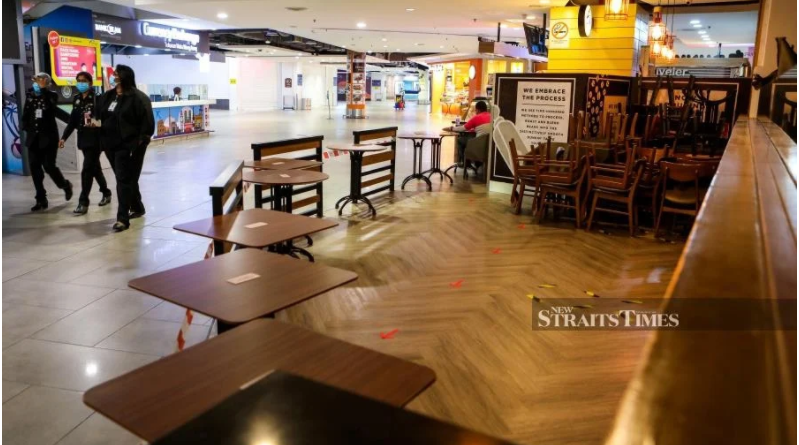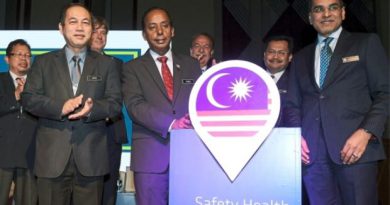Experts to govt: Set priorities, improve enforcement
KUALA LUMPUR: Experts have called for the government to set its priorities and execute Covid-19 strategies at the right speed, urging stricter enforcement of rules to mitigate the impact of Covid-19.
As the country deals with the delicate balancing act of lives and livelihoods, both economic and medical experts have also asked that the government be clear and consistent in its communication to the public, ensuring that all top figures were on the same page.
Bank Islam chief economist Dr Mohd Afzanizam Abdul Rashid said it was important that each decision made was based on facts and evidence, especially when weighing the need to implement the Movement Control Order (MCO).
“On one hand, we have our lives at stake and on the other, it is about our livelihoods, which also require close attention.
“If the prevailing condition suggests that there will be more casualties without enforcing the MCO, then we know the economy would be affected.
“Following this, the government would need to provide some form of aid to cushion the blow.”
He said such financial aid would not entirely solve the economic problems, but ease the stress of vulnerable groups.
The government, he added, must give hope by convincing citizens that it was taking the necessary steps, including the rollout of the vaccination programme as scheduled, to improve the economy.
“Any delay or hiccup would compromise the timing for the reopening of the economy.”
Afzanizam also urged leaders to prevent political uncertainties. He said the people, especially businessmen and investors, must be convinced that the government’s plans would be executed as announced.
Other than short-term cash aid, he suggested that the government conduct more reskilling and upskilling training to help affected parties to venture into a different sector.
Meanwhile, health experts believe that more attention must be put into enforcement and the guidelines to contain the spread of Covid-19, a year after the country has been placed under various stages of restricted movements.
University Putra Malaysia epidemiology and biostatistics expert Associate Professor Dr Malina Osman said self-regulated compliance with the standard operating procedures (SOP) was one of the most difficult tasks to be fulfilled, based on what the country had gone through the past one year.
“It looks good on paper with well-written instructions. But more needs to be done to get the public cooperation, especially in terms of social gatherings.
“We have learnt that to rely only on public compliance without proper enforcement has failed to curb the spread of the infection. This was evident from the surge in new cases after interstate travel was allowed in December.
“We need proper and stricter enforcement like what was done at mosques during the Recovery MCO.”
Dr Malina said health and economy were equally important to maintain during the Covid-19 period.
“From a public health perspective, the concern is on the strain experienced by hospitals and our frontliners.
“Through cooperation with private hospitals, these issues can be resolved.”
Dr Malina also stressed the need for everyone to contribute in the fight against the pandemic as it would not only save lives, but also the economy.
Malaysian Public Health Physicians Association president Datuk Dr Zainal Ariffin Omar took a more direct hit at leaders, asking them to be more disciplined
“The people are tired and leaders are not setting good examples,” he said, citing the flip-flop in policies and double standards, including flouting the SOP.
Dr Zainal said there was a need for the Targeted Enhanced MCO in certain localities like workplaces, which had a high number of clusters.
“Focus on localised intervention, not MCO.”
Dr Subash Kumar Pillai, a consultant psychiatrist at Raintree Specialist Clinic in Petaling Jaya, said the time was ripe to acknowledge the importance of mental health to remain healthy.
He said mental health had not been a priority for a very long time due to stigma, among other reasons.
“With the MCO, many people have started to realise how crucial mental health is. The number of people mentally affected is unprecedented during the MCO.”
Dr Subash said mental health education should start from primary schools.
“Schools should cultivate this culture (better awareness on mental health). Also, the media should make the public aware of mental health issues and the services available.
“There is no simple one-size- fits-all solution to this pandemic. We all have to pull together as a team.”
Source: NST



